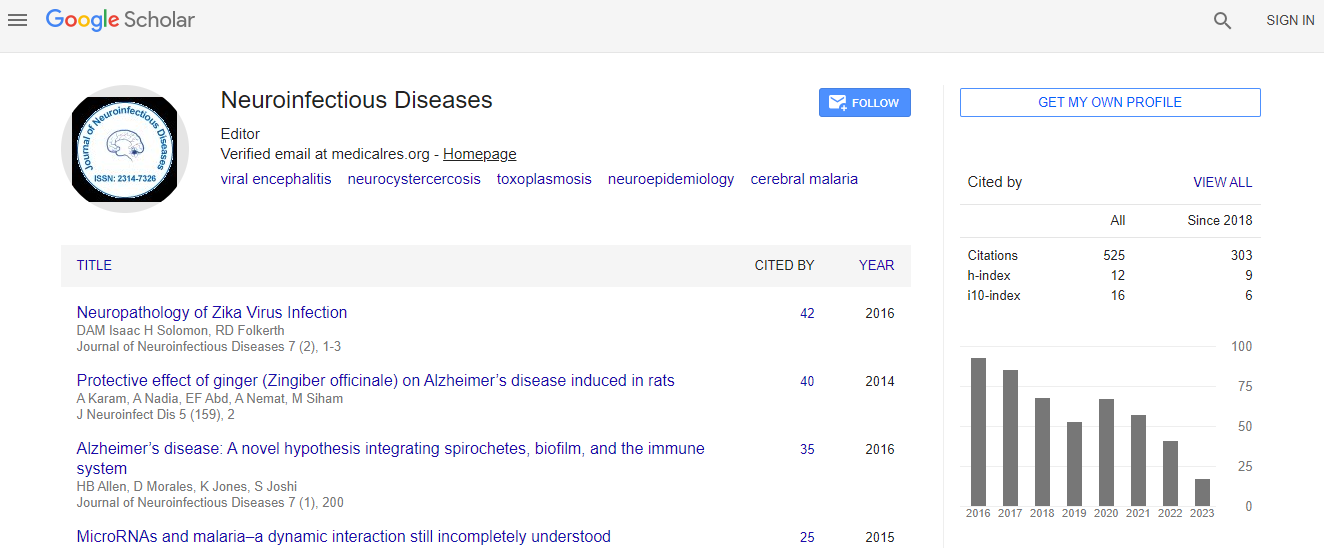Short Commentary
A Different Role of Metallothionein-3 (Mt3) in Oxidative Stress and Neurodegeneration of Brain
Sook-Jeong Lee*
Department of New Drug Discovery and Development, Chungnam National University, Korea
- Corresponding Author:
- Sook-Jeong Lee
Department of New Drug Discovery and Development
Chungnam National University, 99 Daehak-ro, Yuseong, Daejeon 305-764, Korea
Tel: 82428217333
Fax: 82428218927
E-mail: sjlee0102@nate.com
Received date: June 16, 2016; Accepted date: June 26, 2016; Published date: June 30, 2016
Citation: Lee SJ (2016) A Different Role of Metallothionein-3 (Mt3) in Oxidative Stress and Neurodegeneration of Brain. J Neuroinfect Dis 7:221. doi:10.4172/2314-7326.1000221
Copyright: © 2016 Lee SJ. This is an open-access article distributed under the terms of the Creative Commons Attribution License, which permits unrestricted use, distribution, and reproduction in any medium, provided the original author and source are credited.
Abstract
Brain injury comes from various pathological conditions. Among those, acute brain injuries such as trauma and ischemia are mainly caused in the oxidative stress of brain cells. Labile zinc accumulation in the brain significantly contributes to oxidative brain injury. On the other hand, neurodegenerative diseases including amyotrophic lateral sclerosis (ALS), Parkinson’s (PD), Alzheimer’s (AD), and Huntington’s (HD) are caused by progressive loss of structure or function of neurons. Different neurodegenerative disorders show many parallels including atypical protein assemblies as well as induced cell death

 Spanish
Spanish  Chinese
Chinese  Russian
Russian  German
German  French
French  Japanese
Japanese  Portuguese
Portuguese  Hindi
Hindi 
